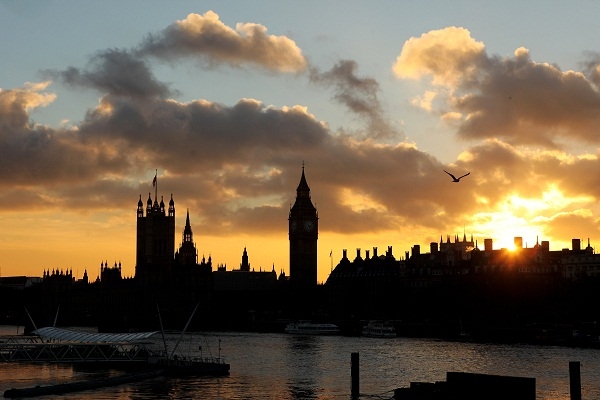On starting a new job at Westminster in the early 2000s, and despondent about my party’s lot, I began to write a political novel. Aspiring writers are told to write about the world around them, and, as an observer on the ‘inside’, there was no shortage of material.
Gloom and frustration hung heavily in those days. The standard question was: why the hell aren’t we in government and whose fault is it? The Duncan Smith leadership was evidently doomed from the moment of its conception, but the ‘quiet man’ stumbled on to his inevitable demise. If the party wasn’t going to find a broadly appealing leader, I’d better write one instead. I created a young, charismatic leader who was to be my novel’s focus (while David Cameron was still a newly elected backbencher) – someone I felt the Conservative Party needed if it was ever to regain power. But it would have stretched credulity to have given the poor guy an easy ride.
The book had to be the story of bitter rivalry and internal conflict on the Opposition benches, the fallout from a heavy election defeat. The fragility of one man’s power, at the mercy of events beyond his control, was an inescapable fact of the time, as the party tried to battle the irresistible force of New Labour. The longing for power and the struggle over what a winning message might be were obvious themes to include. Ill-discipline, which also spawns fractiousness and rebellion, is at the book’s core.
Not much has been written about the insular world of Opposition, perhaps it’s not as sexy as real power. Yet the longer I worked at Westminster, the more I saw how close-knit opposition was compared to the isolation of Government, where ministers are consumed by the sprawling mass of the Whitehall machine. Opposition is incredibly party-focussed, as one would expect, and it makes for a heady mix of gossip, personal tension and naval-gazing. It’s good ground for experimenting with a novel.
Life imitated art from time to time, which created drawbacks as well as satirical opportunities. House of Cards author Michael Dobbs told me recently that the entertainment factor is always paramount for writers of political fiction but it is vital that you take reality and ‘water it down’. No way, for example, could a novelist have crafted a determined rebel called Reckless and hope to be taken seriously.
Real-life events are transient: the furore flares up, then fades and is soon forgotten. It is often the day-to-day things at Westminster, the minor observations and petty animosities, which can be moulded into something both credible and dramatic. At the same time, it doesn’t hurt to exaggerate by taking a nugget of gossip one might hear around the Village and bring it to life in a neat sub-plot, or take types of personality and inflate them to make a particularly detestable character.
Why create fiction out of these facts? Well, it’s much more fun to have your readers guessing. People may think that my antagonist is a certain backbencher, but I couldn’t possibly comment…
Emma Gray has worked at Westminster for eleven years and is Parliamentary Assistant to a Conservative MP. She is author of new political thriller Party Games.






Comments